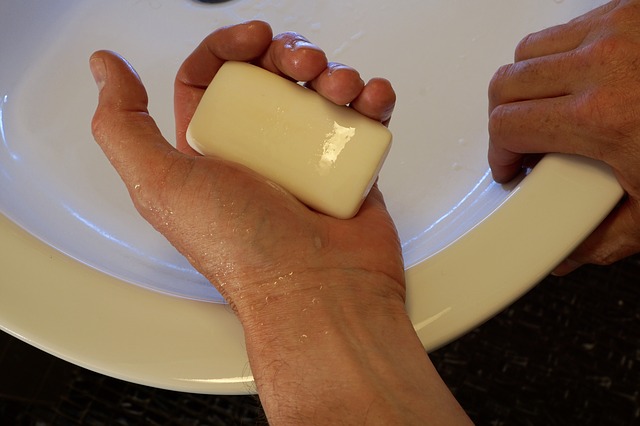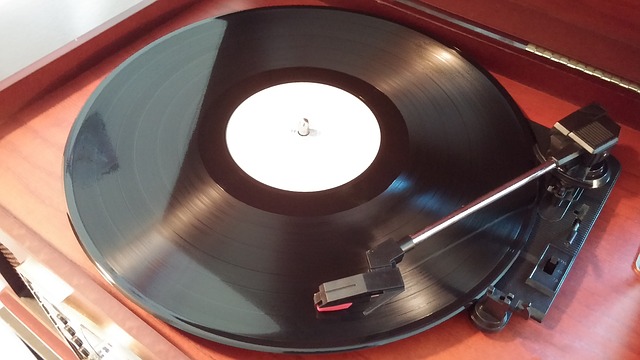Ability: the modals can, could & be able to

To express ability, you can use either can or be able to. The most common way is with can, which is used for the present or the future: I can swim. I can meet you tomorrow. In the past can becomes could: I could run faster when I was younger. With be able to the verb be can be in different tenses: I am able to sleep anywhere. I will be able to sleep later. I was able to sleep on my flight. I’ve been able to sleep better since I found a job.
When you’re talking about a general ability in the present, you can use can or be able to. Most English speakers use can most often.
Examples:
I can run pretty fast if I have to.
I’m able to run pretty fast if I have to.
She can have a family and a career at the same time.
She’s able to have a family and a career at the same time.
When you’re talking about a general ability in the future, use can or will be able to. Most English speakers use can most often.
Examples:
I can help you this weekend.
I’ll be able to help you this weekend.
The doctor can see you at 4:00 today.
The doctor will be able to see you at 4:00 today.
When you’re talking about a general ability in the past, use could or was able to.
Examples:
When I was a child, I could climb almost any tree.
When I was a child, I was able to climb almost any tree.
She could walk to school in ten minutes.
She was able to walk to school in ten minutes.
However, when you’re talking about a one-time ability in the past, you can only use was able to.
Examples:
I was able to get tickets for the concert.
NOT: I could get tickets for the concert.
They were able to help us find our dog.
NOT: They could help us find our dog.
Exception:
In the negative you can use both couldn’t and wasn’t able to.
Examples:
She asked me but I couldn’t help.
She asked me but I wasn’t able to help.
Couldn’t you get tickets for the game?
Weren’t you able to get tickets for the game?
One last thing. You cannot use can or could with another modal verb or as an infinitive. You must use be able to.
Examples:
I may be able to help you on the weekend.
NOT: I may can help you on the weekend.
We should be able to finish by dinnertime.
NOT: We should can finish by dinnertime.
She wants to be able to graduate by next summer.
NOT: She wants to can graduate by next summer.
Here are some expressions in English that always use can rather than be able to.
I can get started right away.
Can you believe that!
Can you help me?
If I can, I will.
I can’t tell you how sorry I am.
You can’t miss it.
Can’t you do something?
You can’t tell me you didn’t know.
When you think you’re ready, do the following exercise.
Your Score:
Your Ranking:
© 2013 Ambien Malecot








